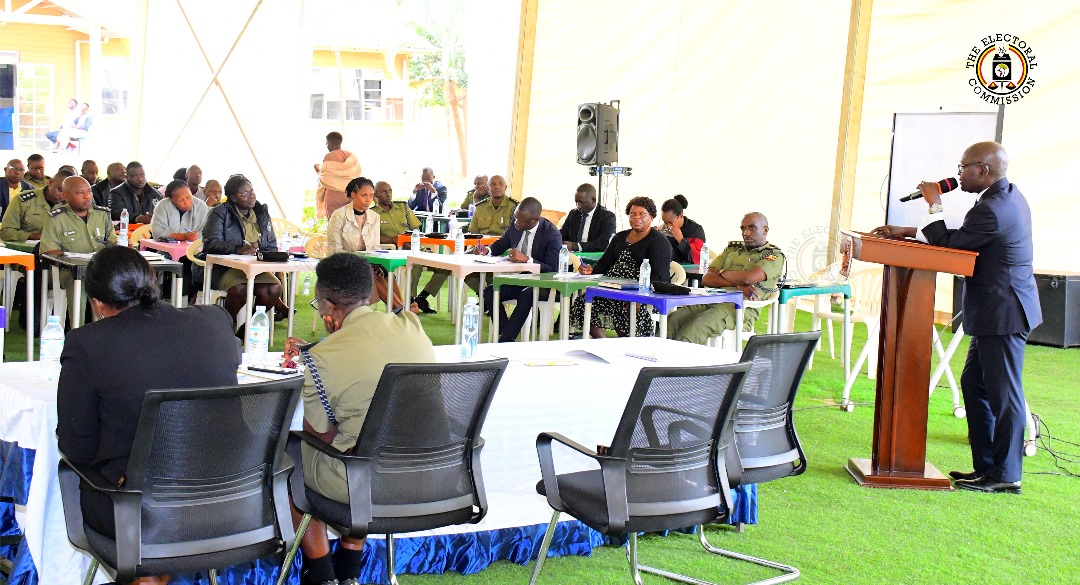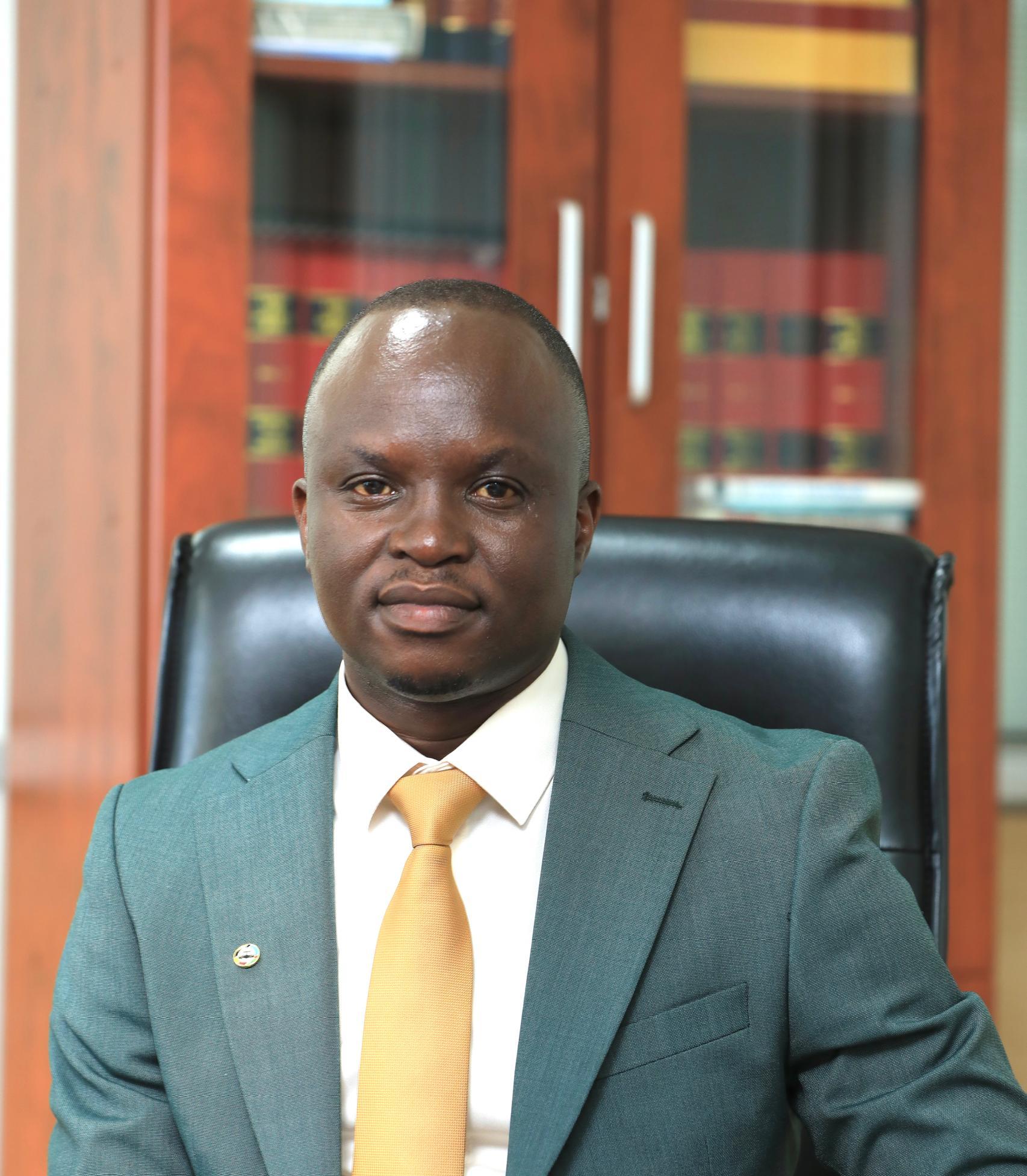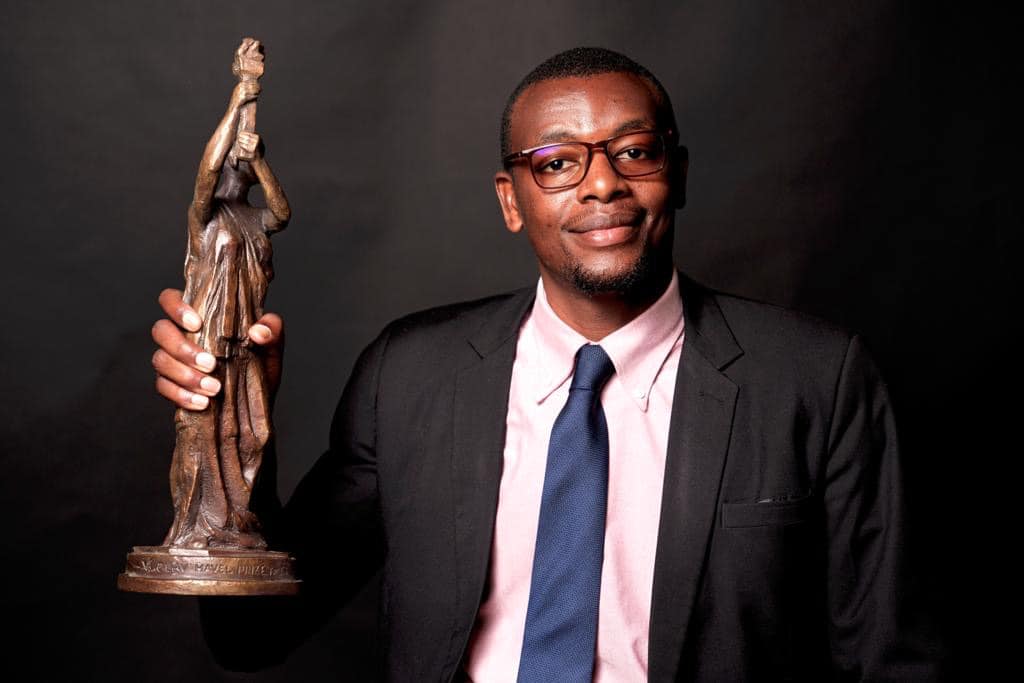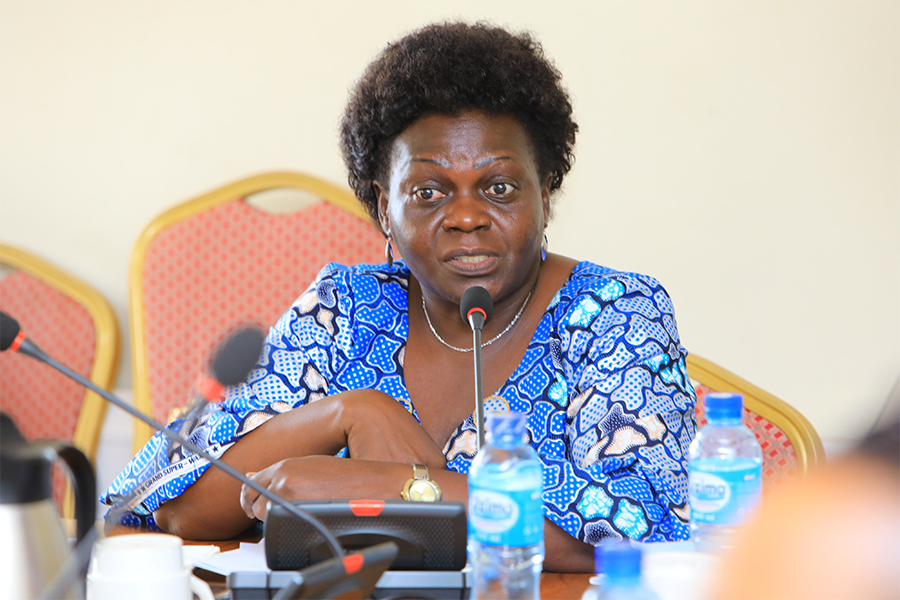Uganda’s first kidney transplant beneficiary endured a two years’ wait
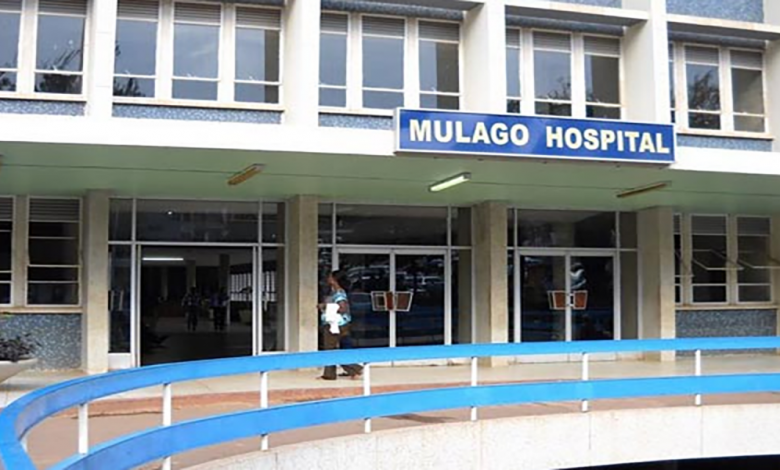
Mulago National Referral Hospital officially launched its transplant program on Saturday. This follows a successful kidney transplant surgery on Wednesday.
Dr Frank Asiimwe, the head of the Transplant Unit, told Charmar News that the recipient is one of the thousands who have been battling end-stage kidney disease and had been on dialysis without chancing on surgery for two years.
He explains that, “four pairs had been prepared for the inaugural surgery four months ago but they managed to work on their first pair in a procedure that lasted four hours.”
“It only took the team that comprised experts from Yashoda Hospital in India just fifty minutes’ ischemic time to transplant the kidney,” he noted.
Ministry of Health figures show that 13% of Ugandans suffer from kidney disease.
The majority suffer from mild diseases that can be managed and sufferers recover. But 2% battle end-stage disease and can only be saved by a transplant surgery.
“Over a thousand such patients await surgery but the cost is prohibitive that until now, people were seeking these surgeries that cost between 15,000 and 13,000 USD abroad.
According to Health Minister Dr. Jane Ruth Aceng, “those who will need this surgery later on will have to pay even as the first case has been treated free of charge as the government provided all that they need for the surgery,”
Minister Aceng asked the Mulago Hospital administration to compute and do an analysis of how much the first procedure cost, in terms of medicines and surgeries to come up with an average of what such surgeries will cost once the program goes full-blown.
For now, the team at Mulago, which comprises three transplant surgeons, will await their Indian colleagues who are to return to the country next year to guide them to fully establish the program.
With only a few staff, Aceng has asked the government to lift the ban on recruitment for especially specialized services, such that they can hire more human resources to help the current transplant team.
However, experts say it’s too early to be jubilant since in some instances, rejection of the organ happens months or even years after surgery.
Meanwhile, Aceng says since the bill to introduce human organ transplants was accented to by the president in March, several private hospitals have indicated readiness to offer this service and that they will be vetted. Those that pass the test will be given a green light.


